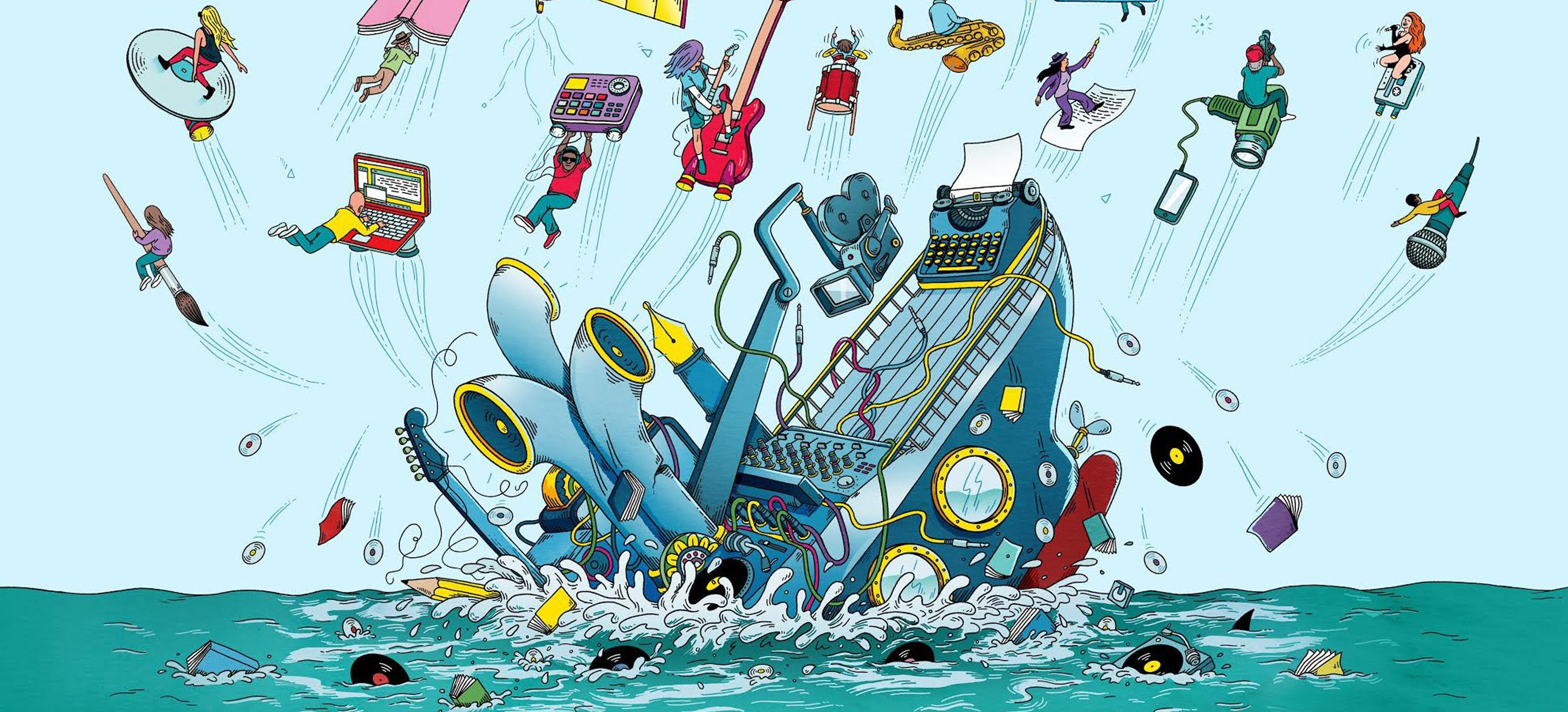Our economies are based on consumption that uses up our resources and fills the world with our refuse. We are in a cycle, one that most of us know but choose not to acknowledge: make, use and discard. Even my job as a design producer is dependent on helping clients sell more products without regard for what happens to those products when we’re done with them.
It’s an industrial-age problem. We are starting to think about the ramifications, whether it’s over-consumption itself or its effect on climate change. We are dialoguing about them; however, in mainstream media it usually comes in the form of extremes, think the exchanges between tree-hugger environmentalists vs. Big Oil.
That conversation can be daunting and overwhelming, so much so that it often leads to a kind of stasis and willful ignorance. It’s hard to know where to start to do something substantial and not just “green wash” what we are doing.
It’s hard to know where to start to do something substantial and not just “green wash” what we are doing.
One of the most specific actions for me and why I think there is reason for hope is the creation of working groups like The Canadian National Zero Waste Council. Made up of local government officials from across the country, including mayors and councillors, it is a group that can actually effect change. They can do that by setting policy at a level that can actually make a difference and change both the actions of companies and citizens/consumers. They are working on initiatives for promoting waste reduction—not just recycling and food waste reduction, but also trying to change larger systems by rewarding, and celebrating, Canadian design and systems that improve waste prevention.
It was most heartening to me that these politicians who are often maligned for their inaction are actually leading in this area and trying to do the right thing for all of us. So much so that it makes me want to get involved and not look the other way.

